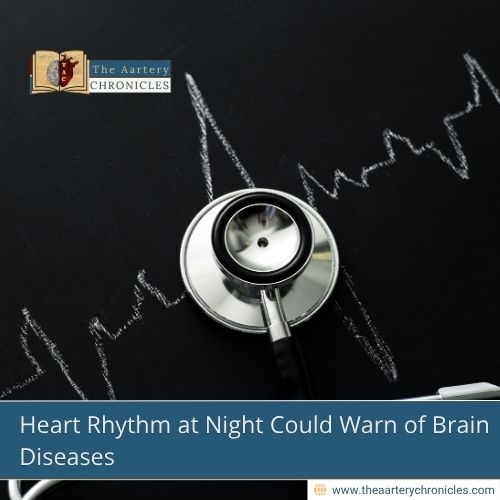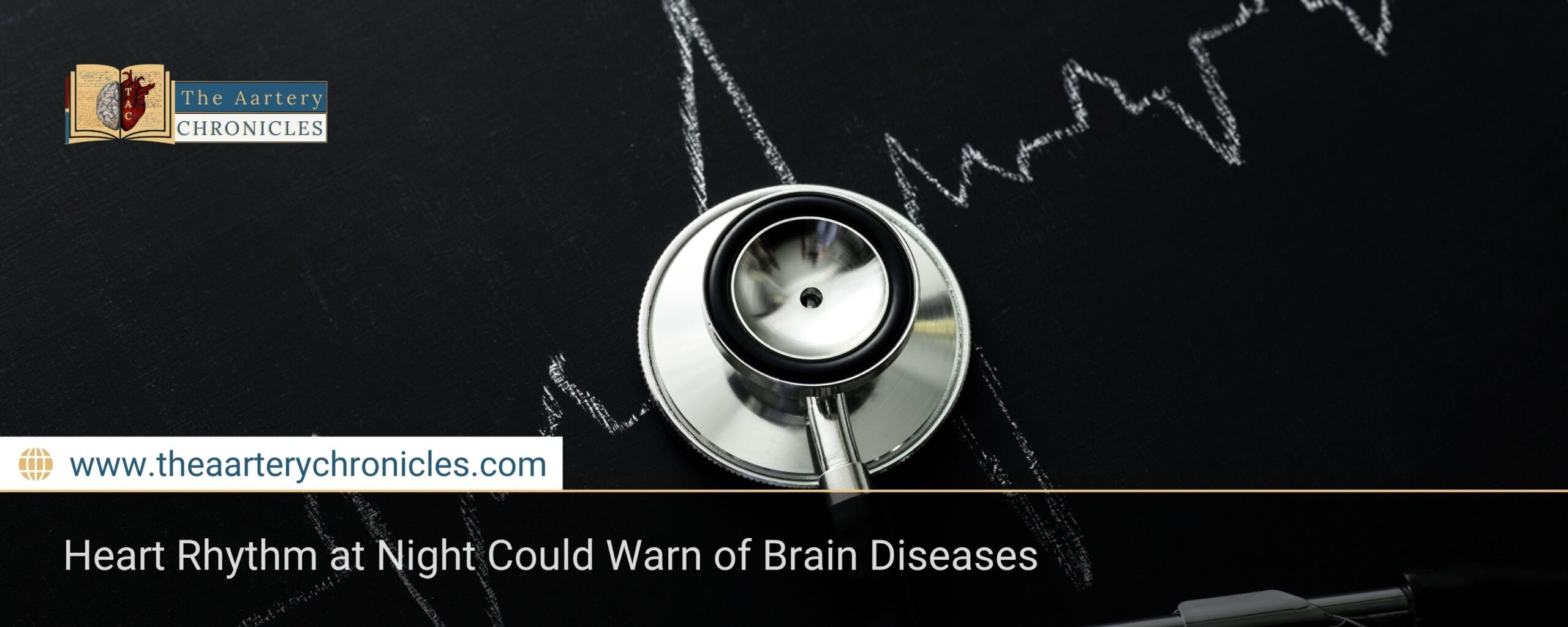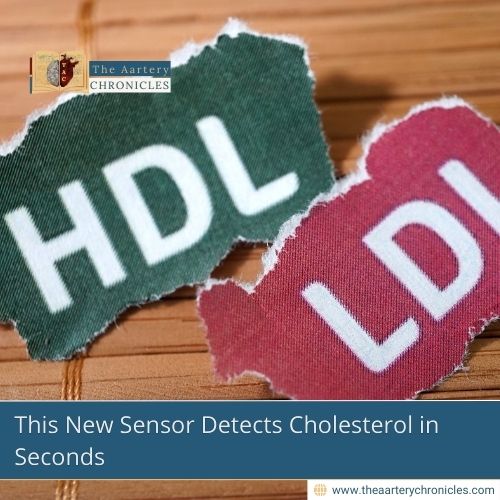

Heart Rhythm at Night Could Warn of Brain Diseases
A major new study from the Department of Neurology at Inselspital, University Hospital of Bern, has found that heart rate variability (HRV) during sleep could be an early warning sign of serious health issues such as stroke, depression, and cognitive decline. The findings were recently presented at the European Academy of Neurology (EAN) Congress 2025.
Over 4,170 participants were monitored across 13,217 person-years, making this one of the most comprehensive studies of its kind. The results highlight how nighttime changes in heart rhythm can signal problems long before any symptoms appear.
HRV offers a deeper look into what the body is doing at night. Even when someone appears to sleep normally, HRV can reveal hidden risks. This challenges our current understanding of what makes sleep truly healthy. Sleep isn’t just rest it's when cell repair, memory consolidation, and brain detoxification happen. If HRV is off during this time, it may mean the body isn’t getting the full benefit of sleep even if it seems fine on the surface.
What is Heart Rate Variability (HRV)?
HRV refers to the small differences in time between each heartbeat. A healthy body constantly adjusts these intervals based on what it needs—whether it’s dealing with stress, physical activity, or relaxation.
- High HRV during the day is normal and reflects energy, movement, and alertness.
- Lower HRV at night, especially during deep sleep, is also normal. It shows the body is resting and recovering.
But when HRV doesn’t follow these usual patterns, it may point to underlying health concerns.
HRV Patterns That Signal Risk
The research found several important HRV trends linked to specific health outcomes:
- People who later had strokes often showed high and irregular HRV at night.
- Those who developed depression typically had low HRV.
- High HRV with unusual frequency patterns was tied to future metabolic diseases.
- Similar patterns were also linked to heart and hormone-related conditions.
A New Tool for Early Detection
The findings suggest that HRV could become a valuable tool in spotting diseases early, even before symptoms appear. This could be especially important for conditions like Alzheimer’s disease or stroke, where early action can make a big difference.
Wearable technology may soon allow regular HRV tracking from home. Although current devices are not perfect, researchers believe that future improvements could make daily HRV monitoring a normal part of preventive healthcare.
Rethinking How We Define “Good Sleep”
Many traditional sleep measures like how long you sleep or how often you wake up may not be enough to understand true sleep quality.
Dr. Filchenko stresses:
“Some people had ideal sleep scores, but their HRV showed early warning signs. This tells us we need to rethink how we measure and define healthy sleep.”
Conclusion
This study adds to growing evidence that sleep is not just a passive activity it’s a critical time for physical and mental recovery. What happens in your body while you sleep can reveal much more than just whether you feel rested the next day.
Good sleep and healthy heart rhythms at night are vital to long-term health especially brain health. Monitoring HRV during sleep could open new doors for preventing disease before it starts.
Source: Inputs from various media Sources

Priya Bairagi
Reviewed by Dr Aarti Nehra (MBBS, MMST)
I’m a pharmacist with a strong background in health sciences. I hold a BSc from Delhi University and a pharmacy degree from PDM University. I write articles and daily health news while interviewing doctors to bring you the latest insights. In my free time, you’ll find me at the gym or lost in a sci-fi novel.








